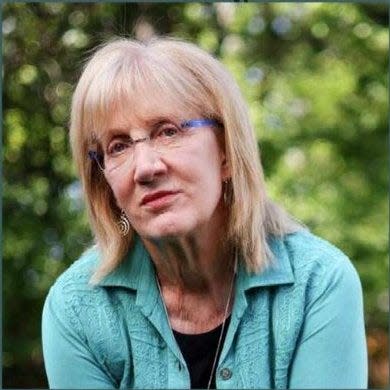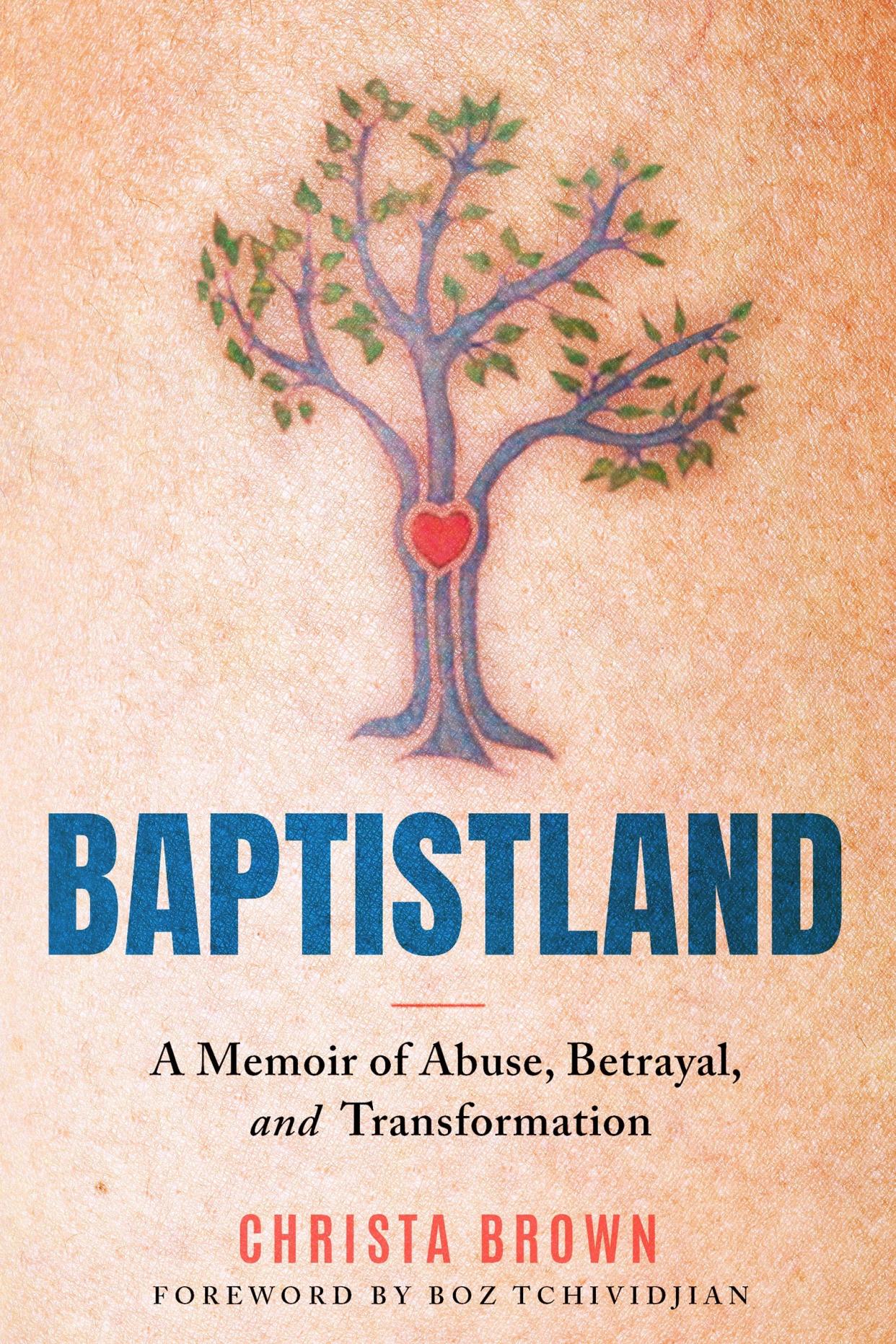How a SBC abuse survivor's advocacy for reform has evolved over 20 years
It’s long passed the point at which Christa Brown gives the Southern Baptist Convention the benefit of the doubt.
A survivor of clergy sexual abuse and well-known advocate for reform, Brown initially sought change in a state Southern Baptist convention in Texas and then in 2006 shifted her attention to the entire Nashville-based SBC. Her attitude about her advocacy has changed over the years.
“I will not apologize for my skepticism one bit. I think they have earned it, and it will be a long time before they re-earn any trust from me,” said Brown, author of a new book, “Baptistland: A Memoir of Abuse, Betrayal, and Transformation.”

Brown, who has long parried character attacks and demeaning interactions with SBC leaders, is known today for sharply criticizing the convention’s abuse response, even when many consider that response more substantive than ever before.
But to Brown, a former attorney based in Colorado, there’s little difference in the results of the SBC’s current attempt to address abuse.
“Baptistland,” which is Brown’s second book — her first was “This Little Light: Beyond a Baptist Preacher and His Gang,” published in 2009 — traces recent developments in the SBC’s abuse response and why it has given her more doubt than ever. Brown shared in an interview what she thinks her book represents for the way abuse survivors engage in conversations about reform.
This interview has been edited for length and clarity.
More recent SBC abuse reform news: New nonprofit to lead SBC abuse reform efforts after delays in launch of abuser database
The Tennessean: Your book often references the idea of “truth-telling” and how it’s guided your advocacy in the SBC. How has that idea changed over time and how do you define it today?
Brown: I’ve been doing this for some 20 years and it’s been an evolutionary process for me. In the early days and for a lot of years, I believed that if I just put enough information out there, that they would see the weight of this problem and there would be meaningful reform I viewed myself as speaking truth to power. But I don’t really view what I’m doing that way anymore. Now I think it’s more a matter of speaking truth with and for the powerless.
How do you respond to those who may see your current advocacy as resentful or cynical?
I don’t think it’s resentful or cynical, but I do think it’s skeptical. I don’t think it’s bitter, which is the adjective that gets thrown out quite a bit. If we put truth in a box and say those who tell the truth of their own stories of how they’ve been treated are resentful, then it’s just one more way of keeping people in the box.
A lot of us raised in these religious groups, we are so indoctrinated to be nice and to be good. But that inculturation and indoctrination has been used against us.
"Baptistland" delves into your own personal history, such as you the damage to personal relationships with family members after you spoke up about abuse. Why did you include those personal anecdotes alongside your narration of advocacy in the SBC?
Clergy sex abuse gets put into this box of what happens with the abuse. But the impact on the survivor’s life and their family — both their childhood family and their present family — is much bigger. I’ve heard these stories for years from survivors talking about estrangement in their families of origin. Because these are incredible painful stories, this is a part of the dynamic most survivors do not talk about. So, I felt it was important for people to see that part.

Often lost in the conversation about abuse reform in the SBC is the fact that different survivors approach the conversation differently. How do you see the differences between your approach and other survivors?
I don’t think you can fault for survivors for holding hope and wanting to believe that this is happening.
I keep wanting to come back to the real tangible facts. Are they helping survivors in tangible ways? Are they outing predators in ways that will make kids safer? And if they aren’t doing those things, then all the other talk is kind of just window dressing.
“Baptistland” concludes with a letter to survivors. Why did you include that letter in the end and what are you conveying by including it?
I have tried to step away from all this a couple times before. Invariably there will be something about someone’s story that will draw me back in.
So, the letter to survivors at the end of the book — I don’t know if that’s my swan song or not. I wanted to acknowledge them in some way and say: ‘I am always thinking about you. Even if I step away completely at some point, you’ll still always be in my heart.’ I also put something in that letter to ‘please cultivate your own skepticism.’ Because I really think a lot of us need a lot more skepticism.
Committee letter to Brown repudiated: Southern Baptist Convention leaders decide to release long-secret list of accused ministers
Liam Adams covers religion for The Tennessean. Reach him at ladams@tennessean.com or on social media @liamsadams.
This article originally appeared on Nashville Tennessean: Christa Brown on Southern Baptist abuse reform, new book 'Baptistland'
